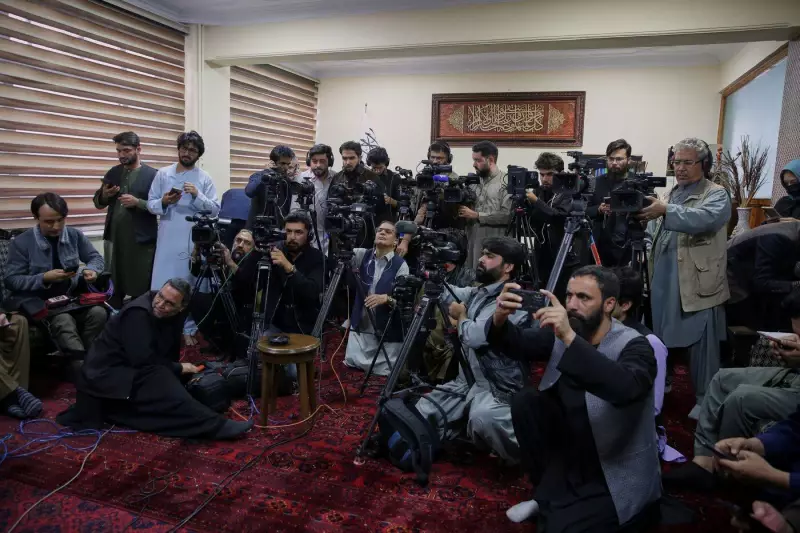
Peace Negotiations Break Down Amid Escalating Tensions
High-stakes peace talks between Pakistan and Afghanistan have collapsed in Istanbul, dealing a significant blow to regional stability efforts. The negotiations, which began with cautious optimism, failed to produce any meaningful progress as border tensions between the two neighboring nations continue to escalate.
Recent Ceasefire Agreement Now in Jeopardy
The breakdown comes just weeks after Afghan Defence Minister Mullah Muhammad Yaqoob and his Pakistani counterpart Khawaja Asif signed what appeared to be a promising ceasefire agreement in Qatar. The October 19, 2025 signing ceremony, documented by local journalists at the Government Media Center in Kabul, had raised hopes for improved relations between the historically tense neighbors.
However, the Istanbul talks, which were seen as a crucial follow-up to the Qatar agreement, quickly deteriorated. Diplomatic sources indicate that fundamental disagreements over border security and cross-border militant activity proved insurmountable for both delegations.
Regional Implications and Future Prospects
The failure of these negotiations represents a significant setback for regional peace efforts and raises concerns about potential escalation along the volatile Pakistan-Afghanistan border. Both nations have historically accused each other of supporting militant groups operating across their shared frontier.
The timing of the collapse is particularly concerning given the recent diplomatic activity. The Qatar agreement signed in October had been hailed as a potential turning point in bilateral relations, but the Istanbul failure suggests deep-seated issues remain unresolved.
Regional analysts now worry that the diplomatic impasse could lead to increased military posturing and potential clashes along the border. Both nations maintain significant military presence in the border regions, and the absence of diplomatic channels increases the risk of miscalculation.
The international community, particularly countries with interests in South Asian stability, are closely monitoring the situation. There are growing calls for third-party mediation to prevent further deterioration of relations between Islamabad and Kabul.





